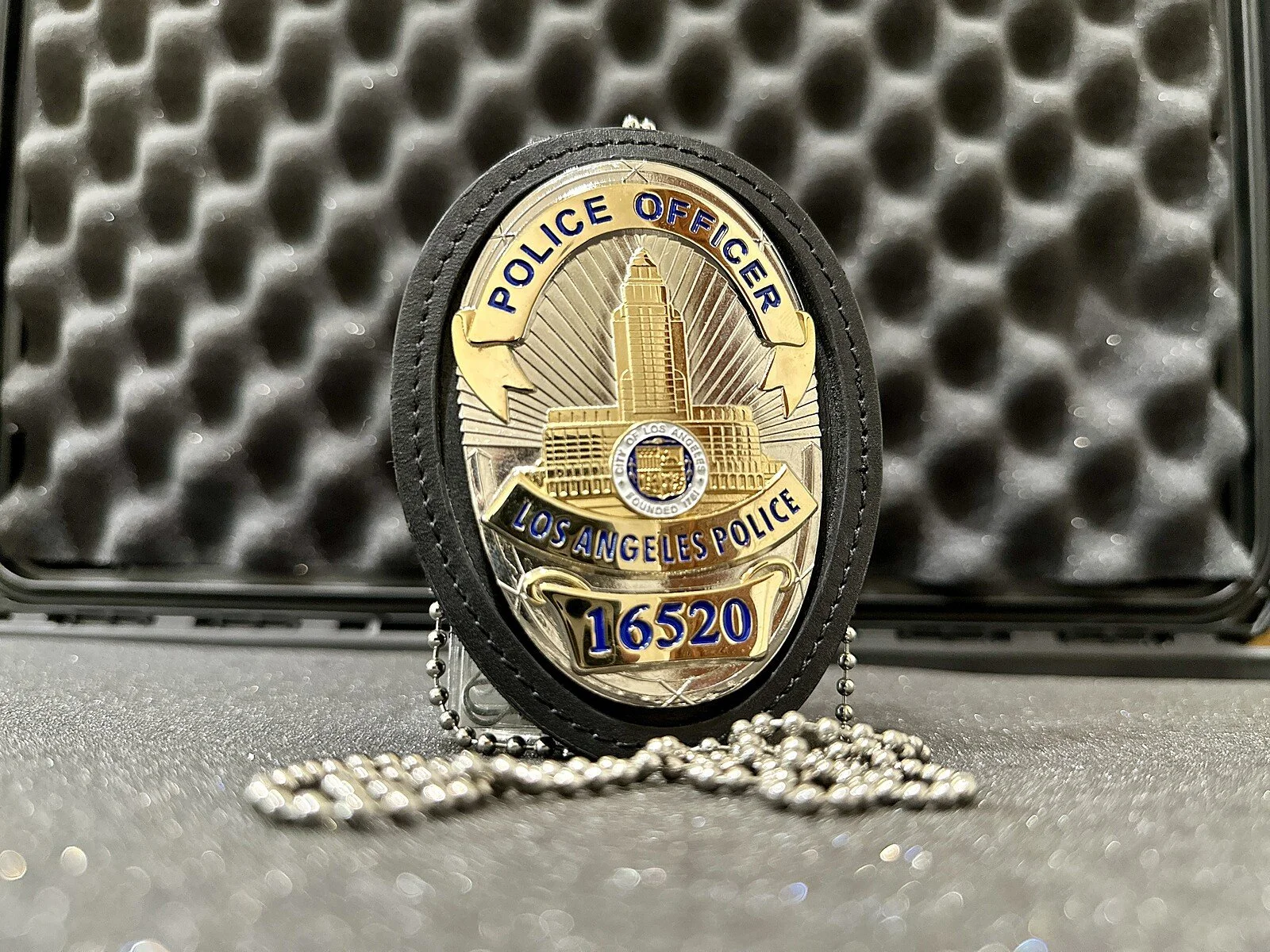Doug Lawrence Delves Into PTSD and Grief: A Law Enforcement Officer's Journey to Healing
Law enforcement officers face unique challenges that can profoundly impact their mental health, often carrying trauma long after they leave the force. This burden doesn't stop with the officer—it extends to their families, creating ripple effects that can strain the most important relationships in their lives. When combined with devastating personal loss, the path to healing can seem impossible. To understand what it's like to navigate PTSD from a law enforcement career while also dealing with profound grief, Doug Lawrence speaks about his story, whose journey demonstrates that recovery is possible even in the darkest moments.
"My first challenge was dealing with PTSD as a result of the trauma I experienced from my career in law enforcement," said Lawrence. "It not only impacted me but it also impacted my family."
Doug's struggles extended beyond the psychological trauma of his career. He faced physical health issues, relationship difficulties, problems with alcohol, and loneliness. But perhaps the most devastating blow came in 2021 when he lost his wife, Debra, to cancer.
"The grief that I have dealt with was insurmountable," Lawrence shared, describing how the loss compounded his existing mental health challenges.
The wake-up call came when Doug realized he might lose his family altogether. It was at this critical point that he began reaching out for the support he desperately needed. Initially, he turned to his wife Debra for support more than anyone else. Later, when dealing with grief after her passing, he sought professional counseling.
"Podcasts became therapeutic for me as it gave me the chance to tell my story," said Lawrence. "Support groups helped immensely. Helping others made me realize they were dealing with the challenges of their healing journey so why couldn't I."
Self-care became a cornerstone of Doug's recovery journey. Taking time for himself allowed him to see something he had lost sight of: hope.
"Self care is extremely important," Lawrence emphasized. "Taking time for myself let me see that there was hope—hope that I could help myself, hope that I could help others, hope that there is a light at the end of the tunnel."
Today, Doug works as a grief mentor, using his experience to help others navigate similar challenges. His transformation from someone struggling alone to someone actively helping others demonstrates the power of seeking support and the importance of sharing our stories.
When asked what advice he would give to someone facing a similar situation, Doug's message was clear and compassionate:
"Telling your story is the most important one. Don't be afraid to reach out and ask for help. Take advantage of support groups—you are not the only one to have gone down this road."
His response to others struggling with mental health challenges reinforces the importance of connection and professional support:
"Getting help is so important. Others have been on this journey so you can too. As a grief mentor I want people to reach out and ask for help. There is no need to suffer. There is no need to do this on your own. Remember 'You Are Not Alone.'"
Doug Lawrence's story is a powerful reminder that even when facing multiple devastating challenges—PTSD, family strain, addiction issues, and profound loss—recovery and purpose can emerge from the darkest places. His journey from isolation to becoming a source of support for others shows that healing is not only possible but can become a pathway to helping others find their own light at the end of the tunnel.

